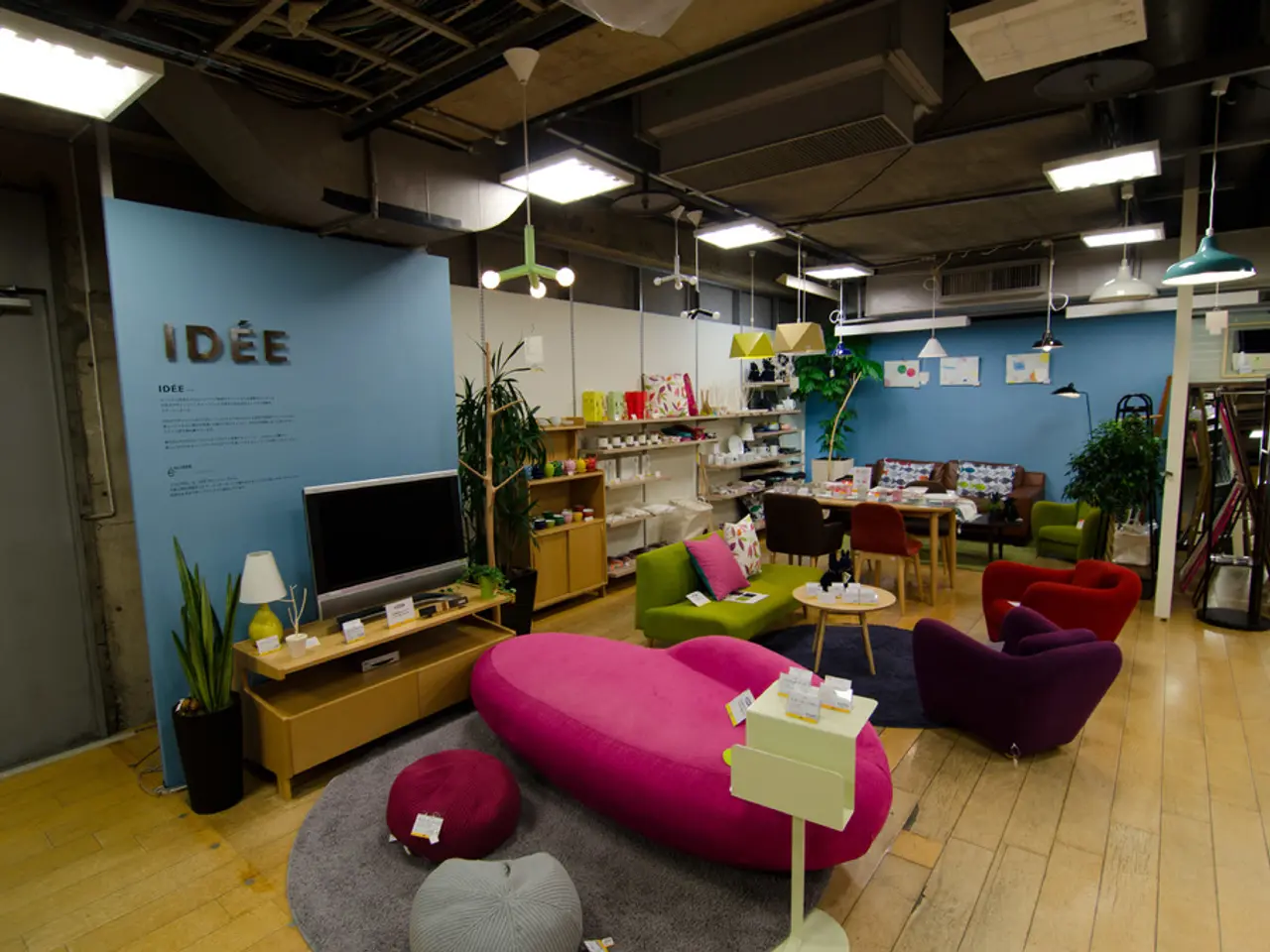Increased demand and limited land availability are making Cape Town and Durban attractive investment destinations
In South Africa, the logistics and industrial sectors in Cape Town and Durban are experiencing a surge in investment, driven by factors such as land scarcity, rising rental rates, evolving supply chains, and a strategic focus on resilience and sustainability. Both cities have emerged as Africa's leading industrial and logistics hubs, attracting significant investor interest and tenant demand.
Cape Town's industrial market is characterized by rising rents, declining vacancies, and constrained industrial land. Key trends include a surge in rentals and low vacancy rates, fueled by land scarcity, governance stability, and growth in e-commerce. Established industrial nodes like Epping and Parow are being revitalized alongside new developments such as Brackengate and Richmond Park. The market's competitive edge stems from operational resilience and a tech-savvy tenant base, with investors emphasizing alignment between location strategy and long-term sustainability goals.
Durban similarly benefits from extensive first-world transport infrastructure, including road, rail, sea, and air, and major logistical assets like Dube TradePort and King Shaka International Airport. It ranks favorably in quality of living and congestion metrics, making it attractive for industrial and logistics investment. Large-scale developments totaling over 450,000 m² of leasable space are underway to meet increasing demand.
Vacancy rates are at historic lows in Durban, and units, especially mini-units and large distribution centers, are snapped up almost immediately. In Durban, chronic land shortages and rising operational costs have created a landlord-favored market. Proximity to port infrastructure offers a decisive cost advantage in Durban. On the other hand, climate risk has emerged as a new driver in the logistics and industrial markets of Cape Town and Durban.
Tenants, especially multinationals, are factoring in resilience, water security, and energy independence when selecting sites in South Africa. As a result, climate-resilient assets are achieving stronger lease uptake and longer tenures in these cities. In Durban, mini-units and small-format warehouses measuring 100sqm to 500sqm are in high demand as small businesses shift from traditional retail to fulfilment-based industrial space.
Strong governance and functioning infrastructure position Cape Town as a low-risk node compared to Gauteng. Assets that embed mitigation strategies early attract stronger investor interest and pricing premiums. The Western Cape corridors and select Durban nodes are emerging as premium options due to e-commerce, 3PLs, and last-mile delivery trends.
Durban remains attractive to owners due to stable demand and long-term leases from logistics operators near the port. Many markets have ignored climate risk, leaving assets exposed and underscoring the need for smarter development. Increasing investor focus is on operational alignment, sustainability, and infrastructure upgrades. For example, in the Western Cape, substantial public investment targets digital infrastructure, energy security, and skills development as part of a comprehensive infrastructure framework guiding long-term growth.
In conclusion, Cape Town and Durban stand out for their resilient and adaptable industrial and logistics markets, robust infrastructure, and strategic positioning amidst shifting global supply chains. These cities present significant investment opportunities but also require careful navigation of land and climate-related constraints.
- Cape Town's industrial market, characterized by rising rents and low vacancy rates, is attracting investor interest due to its tech-savvy tenant base, operational resilience, and alignment with long-term sustainability goals.
- Durban, with extensive transport infrastructure and advantaged port proximity, is witnessing a surge in demand for mini-units and small-format warehouses, as small businesses shift toward fulfillment-based industrial space.
- In South Africa, tenants, particularly multinationals, are prioritizing resilience, water security, and energy independence when selecting sites, leading to stronger lease uptake and longer tenures for climate-resilient assets.
- The industrial and logistics markets of Cape Town and Durban are increasingly focus areas for investors, who are prioritizing operational alignment, sustainability, and infrastructure upgrades, as well as navigating land and climate-related constraints.






